Poster Prize Winners 2019 Buck Institute
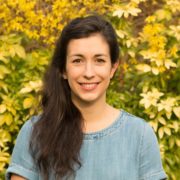
Paloma Navarro
Anne Brunet Lab, Stanford University
Poster Overview:
Single cell RNA sequencing of one of the neurogenic niches of the brain showed that T cells infiltrate old mouse brains. This is also true in old human brains. These T cells secrete the inflammatory cytokine interferon gamma and reduced neural stem cell proliferation, providing a new mechanism for the decline in neurogenesis during aging.
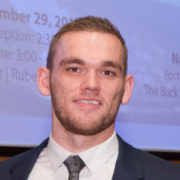
Natan Basisty
Schilling Lab (PI: Birgit Schilling), Buck Institute for Research on Aging
Poster Overview:
Cellular senescence and the senescence-associated secretory phenotype (SASP) has recently emerged as both a driver of — and promising therapeutic target for — a multitude of chronic age-related conditions, ranging from neurodegeneration to cancer. My poster introduces ‘SASP Atlas’, a comprehensive proteomic database of SASP profiles, that will aid in identifying the proteins that drive senescence-associated phenotypes and provide comprehensive catalogs of potential senescence biomarkers for assessing senescent cell burden as well as the originating stimuli and tissues of senescent cells in humans in vivo.

Anthony Covarrubias
Eric Verdin Lab, Buck Institute for Research on Aging
Poster Overview:
My poster describes my post-doc project investigating the links between aging-related inflammation and declining NAD levels that occur during aging. We found that during aging macrophages become activated and consume NAD. We hope to use these findings to help restore or maintain NAD levels during aging.
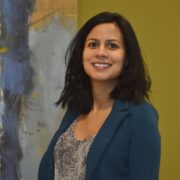
Suzanne Angeli
Gordon Lithgow and Julie Andersen labs, Buck Institute for Research on Aging
Poster Overview:
The mitochondrial unfolded protein response (mtUPR) is a program that communicates between the mitochondria and the nucleus to repair misfolded proteins in the mitochondria. Using the microscopic nematode, C. elegans, I have discovered that the time when the mtUPR is initiated (larval development versus young adult) can have drastically different effects on health and lifespan, suggesting that the cellular milieu can determine beneficial or detrimental effects of the stress response.
Poster Prize Winners 2018 UCSF
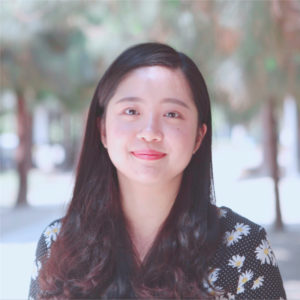
Jie Hong
PhD Student in Hao Li’s lab at Department of Biochemistry and Biophysics, University of California, San Francisco.
Poster Overview:
The development of high-throughput screening platform for discovering longevity genes and anti-aging drugs.
Application of this novel-designed platform can facilitate yeast aging study to explore the genetic landscape and molecular mechanisms.
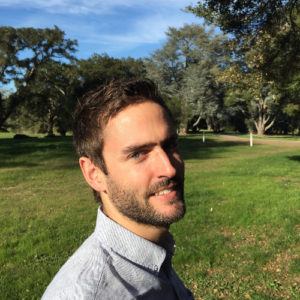
Lionel Berthoin
Postdoctoral researcher in the lab of Sarah Knox, in the department of cell and tissue biology at UCSF
Poster Overview:
My poster evidences how aging disrupts the interactions existing between autonomic nerves and stem cells in epithelial organs.
Using the salivary gland as a model, we show that autonomic innervation is imbalanced during the aging process, due to niche-based and systemic factors, leading to the loss of tissue homeostasis. These outcomes can be reversed by exposure to young circulating factors.
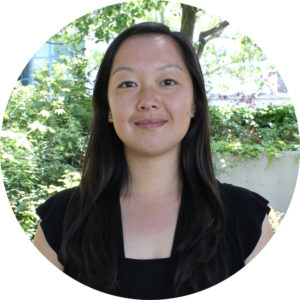
Tina Sing
Postdoc in Dr. Elçin Ünal’s lab at the University of California, Berkeley in the Molecular and Cell Biology Department
Poster Overview:
Gametogenesis, the process by which a progenitor cell undergoes meiosis to form gametes, is a tightly regulated developmental program that results in cellular rejuvenation. My project is focused on performing a genetic screen to identify gametogenesis-specific genes that can be leveraged outside of their normal context in order to prevent or eliminate age-associated damage in aging cells.
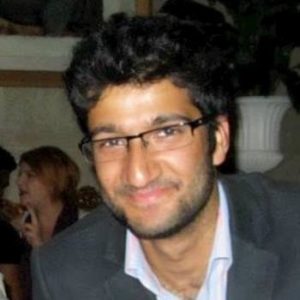
Rahul Samant
Postdoc, Basic Research on Aging
Frydman Lab, Stanford
Poster Overview:
The accumulation of misfolded proteins–a hallmark of several aging-related diseases–is kept in check by protective protein quality control machineries. We have identified that distinct machineries co-operate in nuclear versus cytoplasmic misfolded protein clearance, with important implications for our understanding of the pathology of these diseases.
Poster Prize Winners 2018 Berkeley
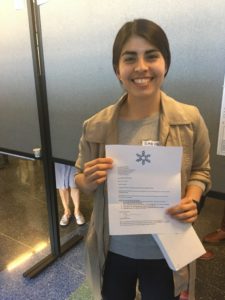
Elma Frias
PI: Dr. Susanna Rosi PhD at University of California, San Francisco (UCSF)
Poster Overview:
Traumatic brain injury (TBI) is a leading cause of long-term neurological disability in the world and the strongest environmental risk factor for development of dementia.
Our lab uses different models of TBI to better understand the cellular and molecular mechanisms contributing to cognitive impairments resulting from normal aging and trauma.
My work aims to investigate if interference with astrocyte or microglia activation can prevent or treat cognitive deficits in adult and aged mice.
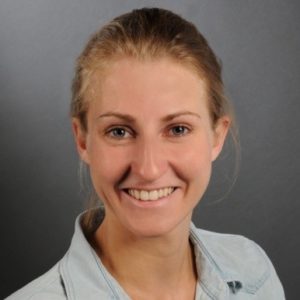
Katharina Papsdor
Anne Brunet Lab at Stanford
Poster Overview:
I analyzed how monounsaturated fatty acids confer longevity in histone methyltransferase (COMPASS) depleted C.elegans and identified a role for lipid droplet-related processes in COMPASS mediated longevity.

Pedro Victor
Jasper Lab – Buck Institute for Research on Aging
Poster Overview:
We discovered a new ant-geronic protein with rejuvenating potential across species. MANF declines with age in flies, mice and humans. MANF loss of function in young animals impairs tissue homeostasis while MANF supplementation extends lifespan in flies and improves tissue homeostasis in old mice.
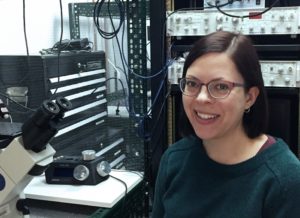
Ida Bjoerkgren
Post Doctoral fellow in Polina Lishko’s lab at the Department of Molecular and Cell Biology at UC Berkeley.
Poster Overview:
In my poster I showed the expression of the membrane bound steroid receptor Abhd2 (α/βhydrolase domain-containing protein 2) in the epithelial cells of the mouse choroid plexus.
We have previously described how activation of ABHD2 by progesterone and pregnenolone sulfate leads to breakdown of the endocannabinoid 2-AG (2-Arachidonoylglycerol) into arachidonic acid and glycerol.
As steroid hormone levels decrease during aging, we expect to see an altered signaling pattern in choroid plexus due to reduced activation of ABHD2, which we hypothesize could affect either endocannabinoid signaling and/or the regulation of potential downstream targets of arachidonic acid metabolites, such as ion channels or inflammatory pathways.
Poster Prize Winners 2017 Stanford

Milos Simic
Grad Student, Translational Research on Aging
Dillin Lab, UC Berkeley
Poster Overview:
A transient activation of the unfolded protein response of the endoplasmic reticulum (UPRer) is an essential step in the acquisition of pluripotency during cellular reprogramming. Ectopic activation of the UPRer improves the efficiency of cellular reprogramming.
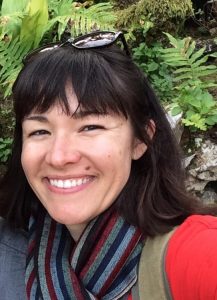
Lauren Booth
PhD, Postdoc, Basic Research on Aging
Brunet Lab, Stanford
Poster Overview:
I am studying the detrimental effect of sexual interactions on longevity in the nematode C. elegans using a combination of transcriptomics and genetic screens. My research has identified conserved genes and pathways that play an important role in protection from the lifespan shortening effects of sexual interactions.
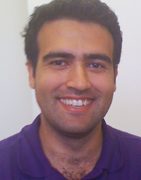
Salah Mahmoudi
PhD, Postdoc, Translational Research on Aging
Brunet Lab, Stanford
Poster Overview:
Fibroblasts from old healthy mice exhibit a persistent inflammatory state in culture, with distinct transcriptomic, epigenomic, metabolomic and cytokine signatures, but cellular reprogramming can erase these features. This inflammatory phenotype, however, leads to an increased individual-to-individual variability in fibroblasts’ ability to reprogram, a feature that we propose reflects the physiological state of an individual and its aging trajectory over a lifetime.

Geraldine Gontier
PhD, Postdoc, Basic Research on Aging
Villeda Lab at UCSF
Poster Overview:
Our work shows that the epigenetic regulator ten eleven translocation methylcytosine dioxygenase 2 (Tet2) – which catalyzes the production of 5-hydroxymethylcytosine (5hmC)– decreases in the hippocampus during aging. Our data indicate that age-related loss of Tet2 regulates decreased adult neurogenesis, with functional implications for cognitive impairment.
